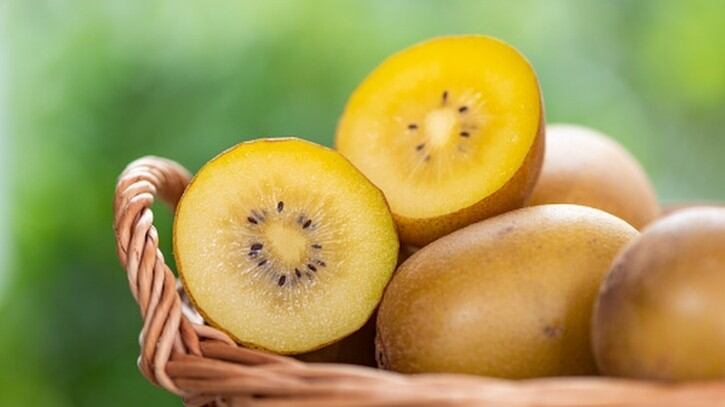Recent research from the firm found that only about 10% are eating the recommended five daily portions.
“It’s a real paradox,” Zespri Innovation and Sustainability Officer Jiunn Shih told FoodNavigator-Asia. “The World Health Organisation has been urging this rate of fruit and vegetable consumption for over two decades, but we can see that APAC is very far from hitting this recommendation.
“This is so even in [developed markets such as] Singapore – over 50% of Singaporeans today are not eating fruits every day, and 93% of those we surveyed expressed a desire to eat more fruits.
“There are many reasons for this, and we have found that the top one is that they simply forget to include fruit into their daily routines.”
In an attempt to circumvent this major challenge, Zespri is experimenting with the Nudge Theory which has long been used in the pharmaceutical sector to remind patients to take their medication daily.
Nudge Theory is based on behavioural psychology where it is used to ‘gently push, subtly influence, or steer behaviour towards encouraging positive change’ – such as with the use of a pillbox.
“We have created the Fruit Pillbox to encourage a positive change in the eating habits of consumers, so that fruit consumption will become part of their daily routine,” Zespri Global marketing General Manager Ng Kok Hwee added.
“This is a visually appealing pack that literally looks like a pill organiser and leverages the concept of routine [with] one Zespri SunGold kiwifruit in each section of the box labelled by the day of the week.
“Dividing the kiwifruit into daily compartments serves as a practical reminder for integrating them into a daily routine.”
Each Fruit Pillbox contains seven kiwifruits, expected to last consumers a week by consuming one kiwifruit daily. The trial was conducted in FairPrice Finest outlets in Singapore in March this year, with further studies being conducted with consumers to determine the efficacy of this concept in boosting fruit consumption.
More packaging not always bad
Although many sustainability initiatives in the food and beverage industry focus on reducing the amount of packaging being used, Zespri believes that there is a way to formulate and format packaging in an eco-conscious manner.
“The box itself is made from 100% recyclable materials in line with our commitment to achieving 100% recyclable, reusable or compostable packaging by 2025,” said the firm.
“Even the printing on it has been done using environmentally friendly, vegetable-based inks.”
Shih also stressed that the growth opportunities for kiwifruit have grown immensely over the past few years, and innovations such as these are key to propelling it even further.
“We specialise in kiwifruit, and right now this only makes up about 0.7% of the fruit bowl, but it is one of the fastest growing fruits within that bowl too,” he said.
“A few years back the demand was only around 80g per capita and now it has grown to reach about 33kg per capita, and this growth is expected to continue.
“So there is tremendous demand and opportunity to make kiwifruits a bigger part of APAC diets – what we need is to find the best way to help consumers remember to eat their daily portions.”




